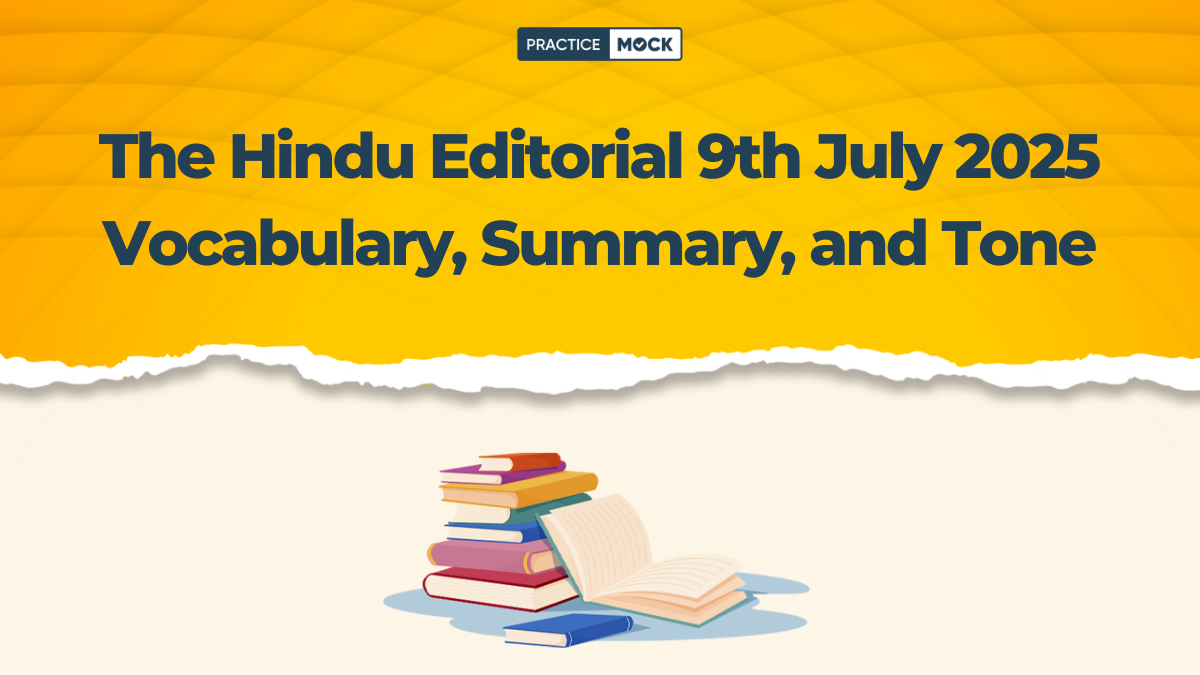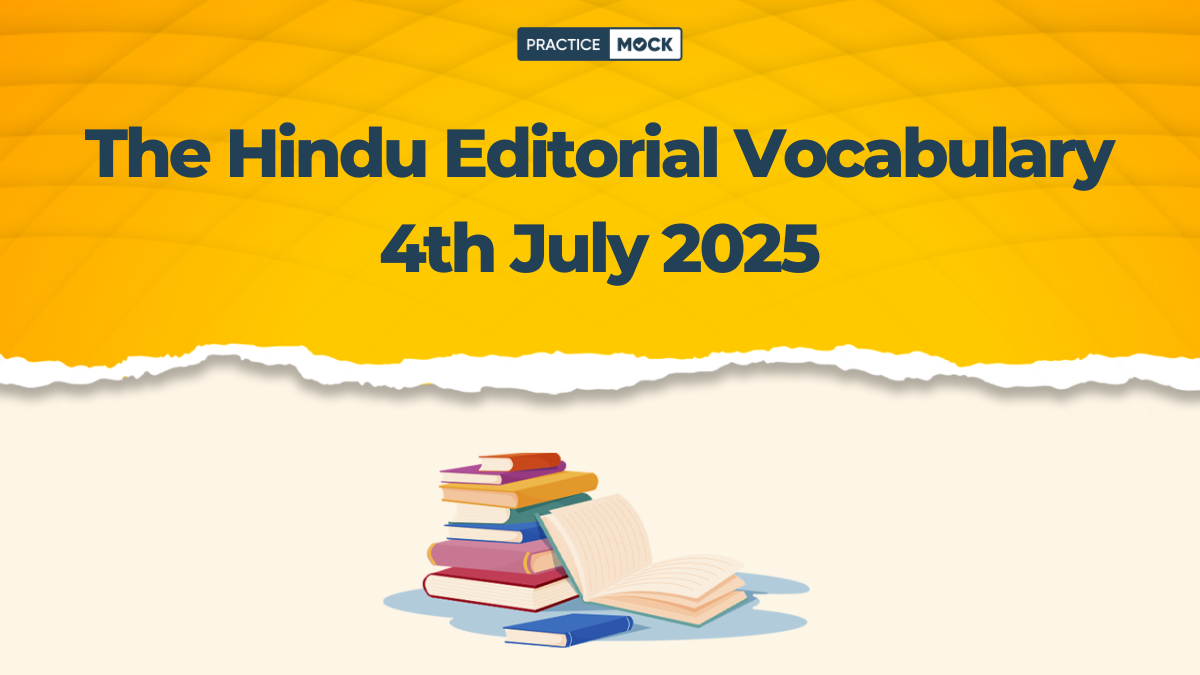

| Difficult Word/ Phrase | Contextual Sense |
| Saga | a long series of events |
| Wrangling | An instance of intense argument (as in bargaining) |
| Tussle | Disorderly fighting |
| Perpetual | Continuing forever, or for an indefinitely long time |
| Contours | A defining line |
| Promulgate | State or announce |
| Scrutinise | To look at critically or searchingly, or in minute detail |
| Nullify | Declare invalid |
| Remit | the area of authority or responsibility of an individual or a group |
| Ambit | An area in which something acts or operates or has power or control |
| Invalidate | Declare invalid |
| Stipulate | Make a condition or requirement in a contract or agreement; make an express demand or provision in an agreement |
| Concede | Be willing to admit or forced to agree |
| Delineate | Show the form or outline of |
| Abrogate | Revoke formally |
Never-ending saga (a long series of events): on the legal wrangling (An instance of intense argument (as in bargaining)) between the Centre and the Government of the National Capital Territory
Another round of legal tussle (Disorderly fighting) awaits the perpetual (Continuing forever, or for an indefinitely long time) dispute over governing Delhi
The legal wrangling between the Centre and the Government of the National Capital Territory (NCT) of Delhi over the contours (A defining line) of their respective powers is a never-ending saga. In the latest round, the legality of the recent ordinance promulgated (State or announce) by the President of India to create a new scheme to regulate services in Delhi will be scrutinised (To look at critically or searchingly, or in minute detail) by a Constitution Bench. It will be the third such five-member Bench to examine the respective powers of the two warring entities in the last few years. The crux of the issue is that the ordinance has sought to nullify (Declare invalid) a recent Constitution Bench verdict that ruled that the subject of ‘Services’, covered under Entry 41 (State List), will fall under the executive and legislative domains of the Delhi government, and not that of the Centre. The Court’s earlier reasoning was simple: Article 239AA, which governs the affairs of the NCT of Delhi, excluded only three subjects from the Delhi government’s purview — police, public order and land — and that it could exercise control over the remaining subjects. As ‘Services’ was not one of the excluded subjects, it upheld the Delhi government’s remit (the area of authority or responsibility of an individual or a group) over appointments, postings and transfers. It ruled that any attempt to expand the Centre’s ambit (An area in which something acts or operates or has power or control) by excluding the subject of services would go against the constitutional scheme of Delhi’s governance.
The three-judge Bench that referred the ordinance matter to a Constitution Bench has noted that the creation of a new ‘Authority’ to regulate ‘services’ effectively amends Article 239AA of the Constitution because it becomes a fourth subject in the list of excluded ones. However, this may not necessarily invalidate (Declare invalid) it. Clause 7 of Article 239AA allows Parliament to enact laws “for giving effect to, or supplementing” the Article. Further, it stipulates (Make a condition or requirement in a contract or agreement; make an express demand or provision in an agreement) that such a law would not be deemed an amendment to the Constitution, even if it has such an effect. While the Court has conceded (Be willing to admit or forced to agree) Parliament’s power to enact such a law, it has indicated that it can examine whether the exercise of such power is valid, especially when it has the effect of excluding ‘services’ completely from the elected Delhi regime’s ambit. The Court has also noted a contradiction: while it appears from one clause that the existing governance structure of Delhi cannot be altered, another clause seems to allow this. This, it says, requires a ruling. On the legal side, the larger Bench may be able to delineate (Show the form or outline of) the contours of Parliament’s power to make laws under Clause 7, and rule whether while exercising such a power, it can abrogate (Revoke formally) the governance principles of Delhi. However, the tussle involving politics and personalities is unlikely to end soon.
Want to improve your vocabulary further? Download the Lists of Word-Meanings of Previous Months here.
Recent Posts
How to Get a Good Score in Quant in SSC CGL 2025?
This blog has provided tips and strategies on how to get a good score in…
Most Asked Cloze Test Questions for SBI PO 2025, Know How to Solve Them Easily
In this blog, we have provided all the details regarding cloze test questions for SBI…
NICL AO 2025 Notification | Pre-Recruitment Training Details
In this article, we have given detailed information about the NICL AO Pre-Recruitment Training which…
SBI PO Exam Self Preparation Tips- Know How to Crack SBI PO Without Coaching?
Crack SBI PO without coaching using expert tips, mock tests & free PDFs. Follow a…
IBPS Normalization Formula 2025, Check Method of Calculating Equipercentile Equating
Know the IBPS PO Normalization Process 2025. Check how Equipercentile Equating works across all shifts…
SSC CHSL Topic wise Tests: Attempt for Free & Boost Your Prep
This blog provided the SSC CHSL Topic-wise Tests. Candidates can attempt the tests for free.…


